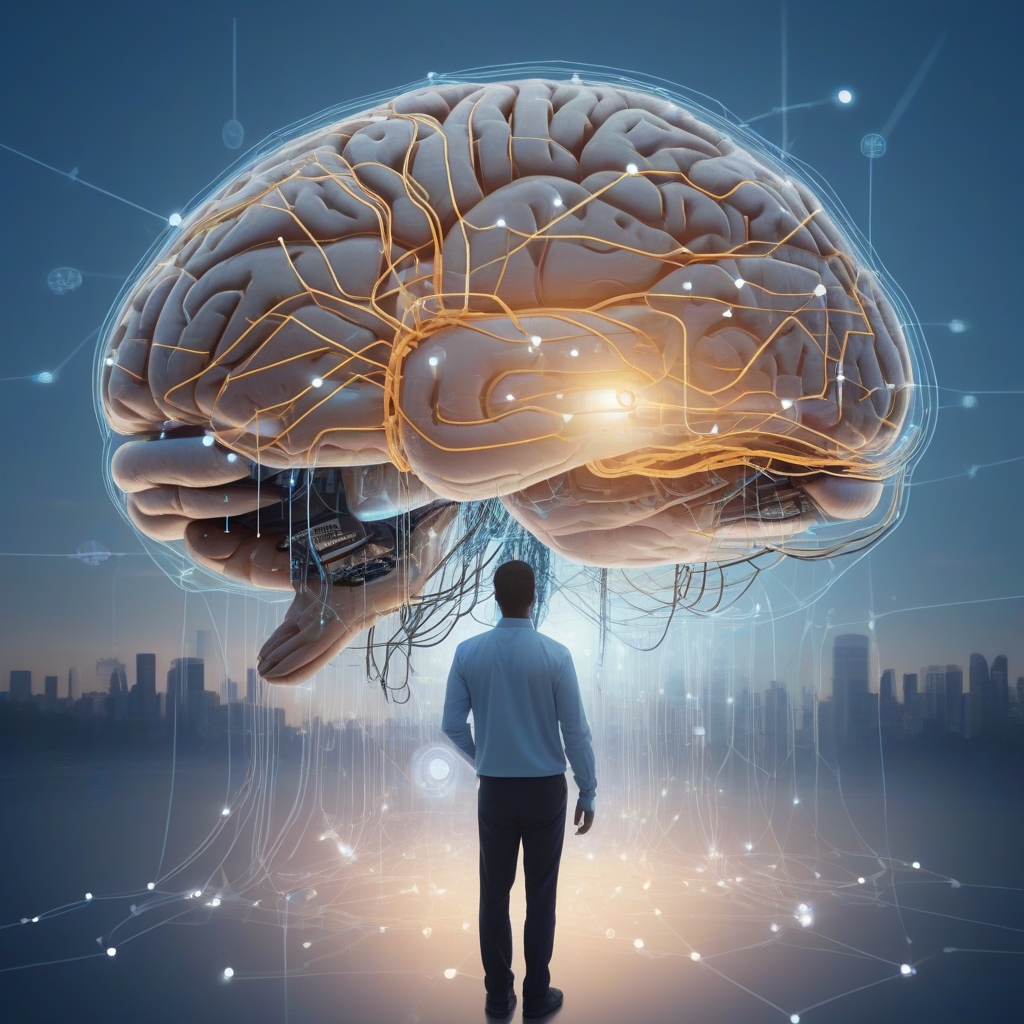Exploring OpenAI’s Transformative Potential
The emergence of OpenAI and tools like ChatGPT has captivated a diverse array of stakeholders—from tech enthusiasts and investors to policy-makers and everyday users. As we stand on the brink of a new era shaped by artificial intelligence, the questions about its long-term impact remain pivotal. This article seeks to explore these critical considerations in the context of OpenAI’s unfolding journey.
Economic Implications of AI Integration
AI integration into different sectors has begun to reshape the economic landscape profoundly. While the economic uplift from AI promises efficiency and innovation, it presents unique challenges.
- Job Displacement vs. Job Creation: One of the foremost economic debates revolves around how AI will affect job markets globally. While automation could supplant some roles, it simultaneously creates new opportunities and necessitates reskilling initiatives.
- Investment Opportunities: Another critical area is the myriad opportunities for investors. As AI technologies penetrate healthcare, finance, and entertainment, a surge of start-ups and established enterprises are vying for a slice of this promising domain.
Investors interested in OpenAI must weigh the balance between potential disruption and growth. The evolution of AI could redefine economic structures and necessitate adaptive strategies. Understanding these complexities is crucial for stakeholders aiming to leverage AI technologies effectively.
Ethical Considerations and Responsibilities
With great technological power comes great responsibility. OpenAI’s technologies demand a robust framework of **ethical considerations**.
- Data Privacy: The necessity to collect and process user data invites a plethora of privacy concerns. Companies must commit to safeguarding personal information against misuse and breaches.
- Bias and Fairness: AI systems can inadvertently perpetuate societal biases. Transparent and accountable measures are essential to ensure fairness and inclusivity in AI outputs.
For policymakers and developers, embedding these ethical principles into AI systems ensures alignment with societal values and fosters trust among users.
The Role of Regulation
As AI technologies rapidly evolve, **regulatory frameworks must keep pace** to ensure secure and ethical implementation. Governments worldwide are beginning to draft regulations addressing various AI impacts:
- AI Taxonomy and Standards: Initiatives are underway to categorize AI systems, establish standards, and ensure homogeneous compliance.
- Liability and Accountability: Legal frameworks need to address the accountability aspects of AI to manage incidents or misuse effectively.
Active dialogue between tech companies and regulators is vital to create policies that balance innovation with safety.
Social Dynamics and AI
AI’s role in reshaping social structures cannot be overlooked. From education to healthcare, every sphere is poised for transformation.
- Access and Inclusivity: OpenAI-based applications offer the potential for widespread educational and healthcare initiatives. Ensuring equitable access to these technologies is critical to prevent widening societal divides.
- Human-AI Interaction: How individuals and societies engage with AI will critically shape its future integration. AI design must prioritize user interaction that is intuitive, transparent, and aligned with user needs.
Furthermore, AI literacy programs should be introduced at all levels to ease this integration and alleviate societal concerns.
Technological Innovation and AI’s Horizon
OpenAI is at the forefront of furthering AI capabilities. However, future advancements bring both excitement and uncertainty.
- Continuous Learning: The ideal AI system will not only react to its environment but learn and adapt continuously—a prospect that holds immense potential impacts.
- Artificial General Intelligence (AGI): As we edge closer to AGI, the conversation shifts toward guiding such power responsibly. Creating systems capable of surpassing human intelligence necessitates clear ethical and safety protocols.
Keeping an eye on these frontiers enables stakeholders to anticipate shifts and prepare for emerging trends.
Conclusion: Balancing Innovation with Responsibility
Navigating the potential of OpenAI requires strategic foresight and a commitment to **ethical integrity**. Investors, developers, policymakers, and the wider public play critical roles in steering AI’s trajectory.
Overall, the questions we ask today will define AI’s impact tomorrow. By fostering a culture of open dialogue and proactive regulation, we can harness OpenAI’s capabilities to benefit society while empowering individuals to thrive in the age of AI.

Leave a Reply